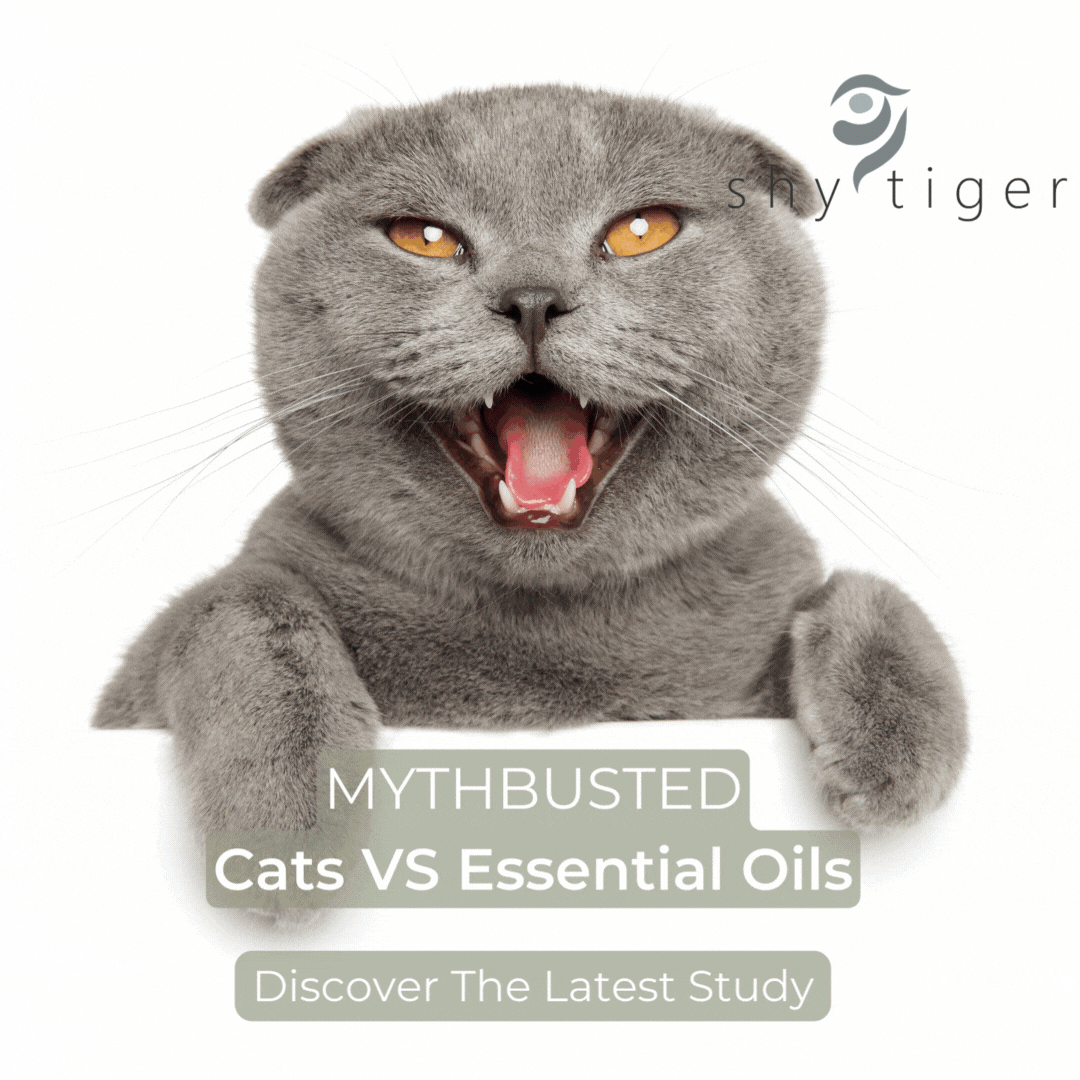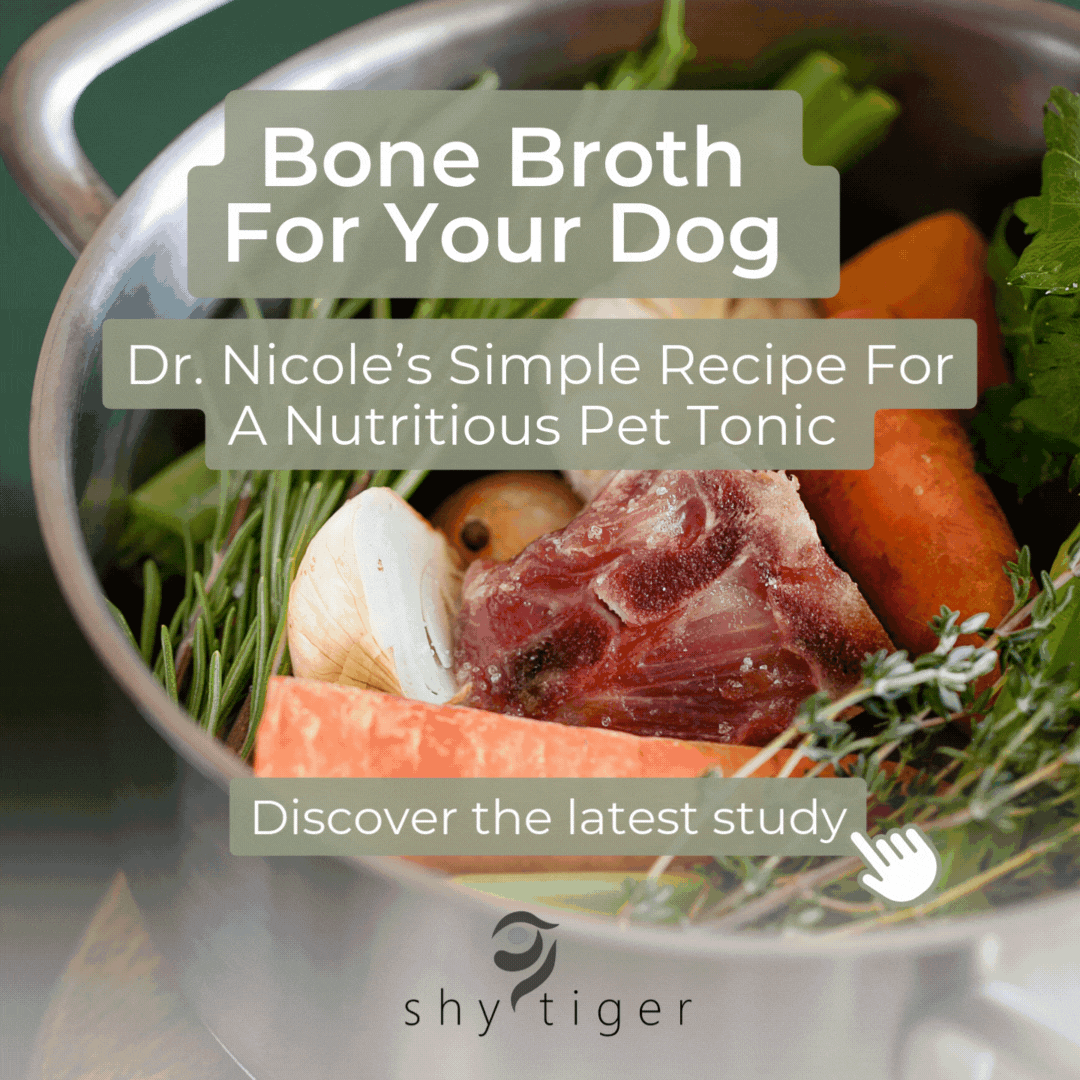Cats Vs Essential Oils

Today, we're diving deep into a topic that has been the subject of much debate and concern—essential oils and their effects on cats. Many of you have reached out to me with questions and concerns, and I think it's high time we address this issue with scientific rigor.
The Controversy Surrounding Cats and Essential Oils
The internet is a treasure trove of information, but it's also a breeding ground for misinformation. When it comes to cats and essential oils, the claims are often polarised. Some say essential oils are a no-go for cats, while others argue they can be beneficial. A recent article by Melissa Shelton DVM, often referred to as the world vet expert on essential oils in pets, provides a balanced, scientific perspective on this topic. You can read the full article here.
What Does Science Say About Cats and Essential Oils?
According to the article, cats are not "deficient" in their liver enzymes; they simply have a different metabolic setup compared to other animals like dogs and humans. The notion that cats can't metabolise essential oils and that these oils will build up over time, causing adverse effects, is not supported by current scientific evidence.
Keywords to Know: Feline Physiology and Essential Oil Quality
When discussing cats and essential oils, two key terms often come up: "feline physiology" and "essential oil quality." Understanding these terms can help you make informed decisions about using essential oils around your cats.
-
Feline Physiology: Cats have a unique metabolic system that processes substances differently than other animals. This doesn't mean they can't handle essential oils; it means we need to be cautious and informed. For example, oils that are high in phenols can put extra pressure on their liver metabolism pathways, so we tend to limit their exposure to these oils. Thyme is a good example of this.
-
Essential Oil Quality: The quality of the essential oil matters immensely. Low-quality oils can contain additives or impurities that can be harmful to both humans and pets.
The Importance of Quality in Essential Oils for Cats

Quality cannot be stressed enough. If you're considering using essential oils in your home, especially around your feline companions, make sure you're sourcing high-quality, natural oils. Look for oils that are 100% pure and have undergone third-party testing for purity.
Shy Tiger's Emotional Care Range: Not Just for Dogs
While Shy Tiger's products are primarily marketed towards dogs, it's worth noting that many cat owners have found success with our Emotional Care range. The collection includes products like "Soothe + Calm Stress Day Spray for Dogs," "Soothe + Calm Night Stress Spray for Dogs," and an "Emotional Support Kit," among others. Always consult your veterinarian before introducing new products into your pet's routine.
The Role of Essential Oils in Emotional Care

Essential oils have been used for centuries to promote emotional well-being in humans. The same principles can apply to animals when used cautiously and responsibly. Our Emotional Care range incorporates high-quality essential oils that can help manage stress and anxiety in pets, including cats.
The Bottom Line on Cats and Essential Oils
While it's essential to exercise caution and consult with a veterinarian, the sweeping statement that all essential oils are toxic to cats is not accurate. As with any substance, the dose makes the poison, and quality matters.
For those interested in a deep dive into the science behind this topic, I highly recommend reading the full article here. It’s a fantastic read and well worth your time.
Additional Resources on Cats and Essential Oils
If you're looking for more information on cats and essential oils, there are several reputable sources available. Always consult with your veterinarian before making any changes to your pet's healthcare regimen.
Frequently Asked Questions
To further assist you, here are some commonly asked questions about cats and essential oils:
-
Can I diffuse essential oils around my cat?
Yes, but exercise caution. Use high-quality oils and diffuse in a well-ventilated area. Monitor your cat for any signs of discomfort. -
Are there any essential oils that are safe for cats?
Lavender, chamomile, and frankincense are generally considered safe when used in moderation. However, consult your veterinarian for personalised advice. -
How can I introduce essential oils to my cat safely?
Start with a small amount and observe your cat's reaction. Gradually increase the amount if no adverse effects are observed.
I hope this comprehensive guide clears up some of the confusion surrounding cats and essential oils. Remember, when in doubt, consult your veterinarian.




Leave a comment